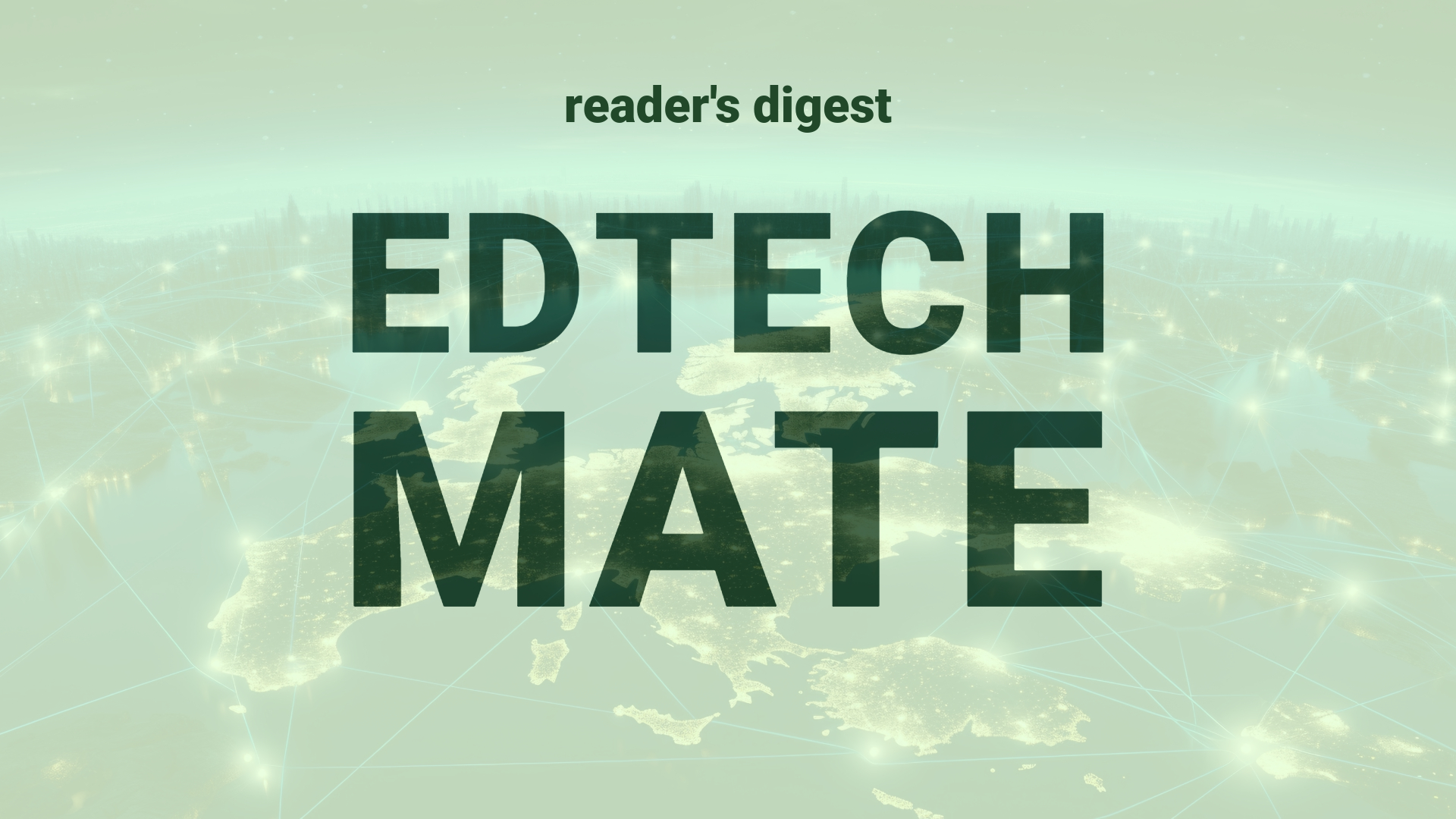Executive Summary and Main Points
Education technology is continuously evolving, with notable trends in digital transformation and international education landscapes. Innovations such as digital credentialing, the integration of Artificial Intelligence (AI), and strategic partnerships play crucial roles in shaping the future of global higher education. The rise in demand for micro-credentials, agile learning platforms, and collaborative efforts between institutions signifies a shift towards more personalized, flexible, and accessible education.
Potential Impact in the Education Sector
The latest trends could significantly impact Various Education sectors in several ways. Higher Education might see increased adoption of digital tools to enhance student engagement, data analysis for personalized learning, and streamlined administrative processes. Further Education could benefit from partnerships that foster vocational training aligned with industry needs. Micro-credentials offer pathways for continuous learning and upskilling, supported by AI-driven platforms providing tailor-suited courses and skill verification.
Potential Applicability in the Education Sector
Innovative applications of AI and digital tools could include adaptive learning systems that dynamically adjust content and assessments to suit individual student needs in global education systems. Virtual Reality (VR) and Augmented Reality (AR) might be used for immersive learning experiences. Blockchain could find application in secure and transparent credential verification processes. Education institutions might leverage predictive analytics for student retention and success forecasting.
Criticism and Potential Shortfalls
While the integration of technology in education offers numerous benefits, it also faces criticism and potential shortfalls. There are concerns about the digital divide exacerbating inequality, loss of personal touch in education, and potential for misuse of student data. Comparative case studies highlight varied success rates in different international contexts, suggesting that one-size-fits-all solutions are unsuitable. Ethical implications, such as AI bias and cultural insensitivity in content curation, also warrant careful consideration.
Actionable Recommendations
To harness these technologies effectively, education leaders should consider strategic implementation that aligns with their institutional goals. Recommendations include investing in professional development for faculty on digital tools, establishing partnerships with technology providers, and adopting a phased approach to digital transition. Ensuring ethical usage of AI, fostering digital literacy, and tailoring solutions to cultural contexts are also key strategic insights for international education leadership.
Source article: https://www.cio.com/article/2074455/testing-image-upload.html

